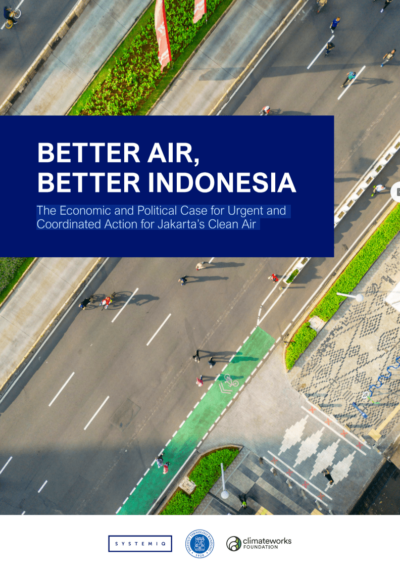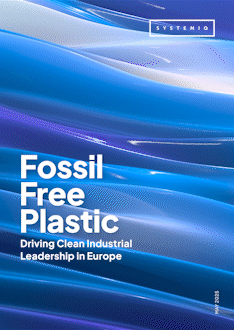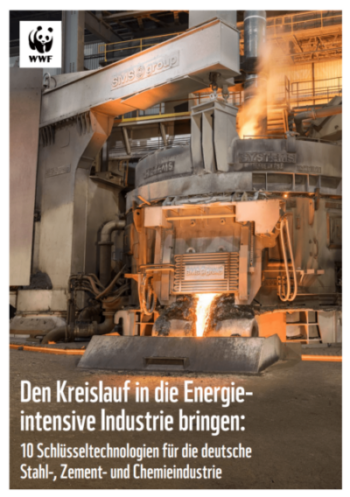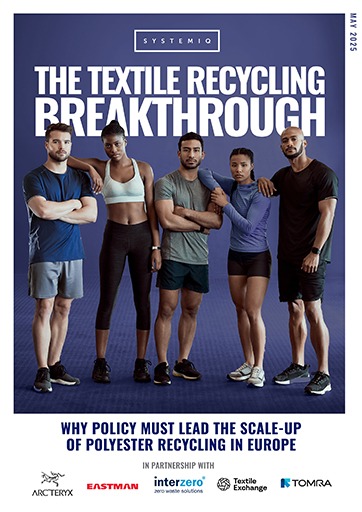Analysis shows 12 targeted policy levers could prevent over 32,000 premature deaths and deliver IDR 432 trillion ($27 billion) in health and economic benefits across Jakarta.
Systemiq, in partnership with the Bandung Institute of Technology (ITB) and with support from ClimateWorks Foundation, is proud to launch Better Air, Better Indonesia – a landmark report making the economic and political case for urgent, coordinated action to accelerate air quality improvements in Indonesia.
The report provides a 2023 emissions baseline of Jakarta and a multi-sector roadmap covering transport, power, industry, waste, and construction, along with policy and governance reforms to accelerate impact.
By 2030, the proposed actions could:
• Cut the emissions of PM2.5 by 92%, PM10 by 89%, NOx by 51%, and SO₂ by 41% (vs. Business-as-Usual)
• Prevent 32,747 premature deaths, equal to $27 billion in economic value
• Catalyse a $40.7 billion EV market and save $1.2 billion in fuel subsidies
The report prioritises four interventions with the greatest impact, which collectively can reduce PM2.5 emissions by up to 80% by 2030.
1. 100% adoption of low-sulfur fuels
2. Transitioning industrial coal boilers to cleaner technologies
3. Expanding integrated public transport
4. Eliminating open waste burning
To enable action, the report calls for a centralised governance body to coordinate across sectors and agencies. With bold political leadership and collective commitment, Jakarta can turn clean air into a public health and economic win.
Better air in Jakarta means a better Indonesia – for our environment, our health and our future.
Read the Executive Summary or download the full report below.




